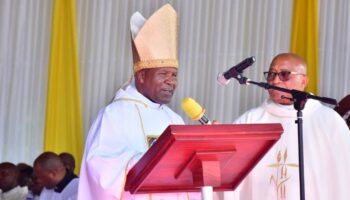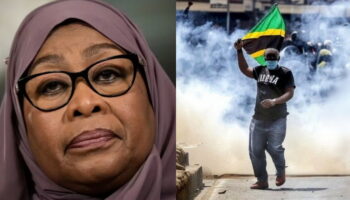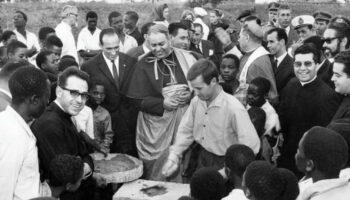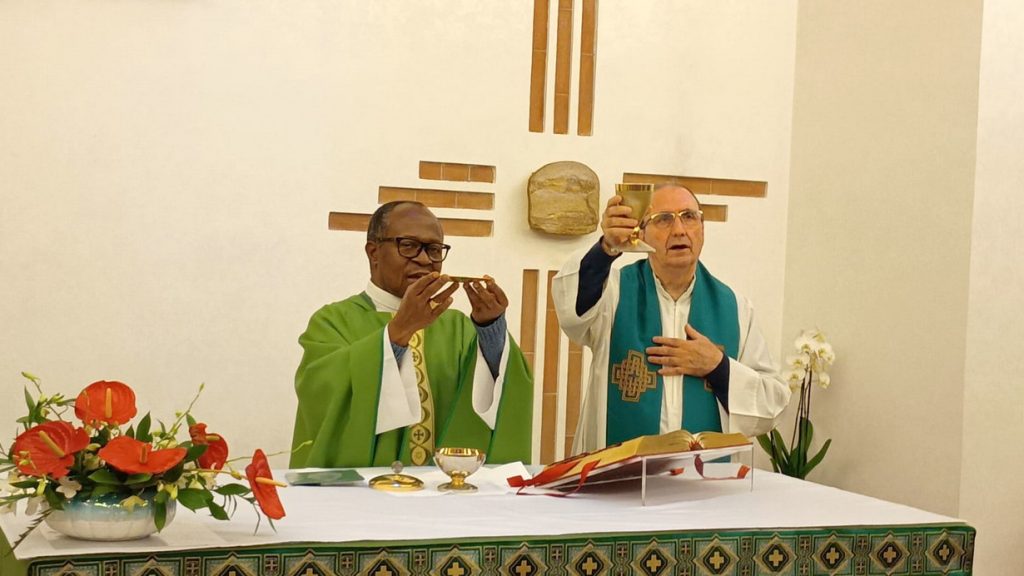
“I remember God and groan, I meditate and my spirit faints (…), I am troubled and speechless”. “This prayer from Psalm 76 is my feeling today for what is happening in Mozambique after the elections of October 9”, declared Msgr. Inácio Saure, IMC, Archbishop of Nampula, during the mass celebrated at the Consolata Generalate in Rome, this Wednesday, October 30.
By Jaime C. Patias *
According to Msgr. Inácio, president of the Mozambican Episcopal Conference (CEM), “everyone says that the candidate of the opposition party Podemos, Venâncio Mondlane, won the elections”. However, the National Electoral Commission (CNE), chaired by the Anglican bishop Carlos Matsinhe, announced the victory of Daniel Chapo, supported by Frelimo, the party in power since independence in 1975, who, according to the electoral commission, obtained 70% of the votes. In second place came the candidate of Podemos with 20%, a result disputed by the party that claims the victory of Venâncio Mondlane with 53% of the votes. The Democratic Movement of Mozambique (MDM) and the Mozambican National Resistance (Renamo), now the third party, also considered that these results were falsified and contested them.

The standoff has sparked a wave of demonstrations in major cities, with a violent crackdown that has left at least 11 people dead in recent days. More than 450 people have been arrested, most in Maputo, including minors and vulnerable people, some with no connection to the demonstrations, according to the Center for Democracy and Human Rights.
In Rome, Bishop Inácio Saure participated in the Second Assembly of the Synod on Synodality and the canonization of Saint Joseph Allamano. In Mozambique, “the situation is serious,” the bishop said. “Vanâncio Mondlane called a general strike in the country from November 1 to 7,and we fear that this will lead to more violence and deaths. Politicians say they want to do good, but what good?” the bishop asked. “Our Holy Founder would say that ‘good must be done well.” Therefore, whoever wants to do good must do it well. It seems that the party in power has lost control of the situation. For this reason I ask to pray for peace in Mozambique”. For Msgr. Inácio, “the experience of the Synod was a great grace, not only as a moment of listening, but also of formation in the practice of synodality. May the message of the Synod help us to walk as a synodal Church”, the bishop wished before returning to his country.
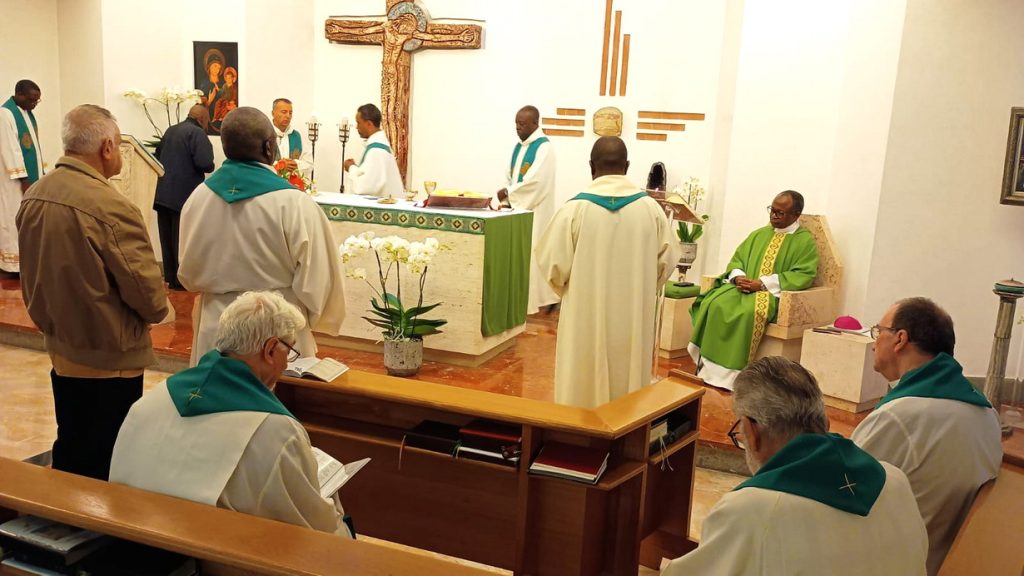
Statement from the Mozambican Bishops
“The truth will set you free” (Jn 8:32)
Concerned about the situation of violence, on October 22 the Episcopal Conference of Mozambique (CEM) issued a statement, signed by Mgr. Inácio Saure, in which it stated: “We condemn the barbaric assassination of two political figures, which clearly recalls other assassinations of political figures or members of civil society, including those linked to opposition parties, which occurred in the aftermath of previous elections, in similar ways.” Elvino Dias, lawyer for Venâncio Mondlane, and Paulo Guambe, two political opponents, were killed on the night of October 18 in an ambush in the center of the capital, Maputo.
In the context of the general elections, the bishops affirm that “the Catholic Church, as an institution, does not support candidates and does not have parties. But this does not mean that it renounces its political and social commitment, a concrete path towards the construction of a more democratic, inclusive, just and fraternal society, in which everyone can live in peace, with dignity and a future. For this reason, as the voice of the Catholic Church, we Bishops cannot fail to denounce this serious situation that the country is experiencing and the violence it generates, throwing everyone into chaos”.
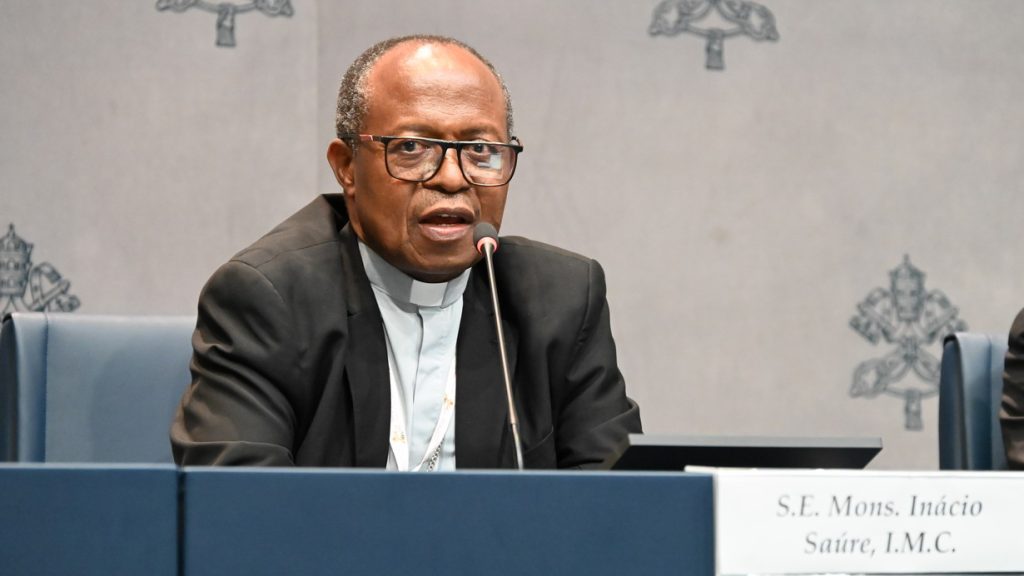
Another point highlighted in the statement is the turnout at the polls, where “more than half of registered Mozambicans did not show up to exercise their right to vote”. This indicates “that their will, expressed at the polls, is not respected, making the exercise of this important civic right useless”.
The CEM note denounces “gross frauds” such as “stuffing ballot boxes, falsifying notices and many other ways to cover up the truth,” which lead elected officials to lose their legitimacy. “These irregularities practiced with impunity,” the bishops denounce, “have reinforced the lack of trust in electoral bodies, in leaders who abdicate their dignity and despise the truth and the sense of service that should guide those to whom the people entrust their vote.” “Certifying a lie is fraud.”
The statement calls for “respect for the right to demonstrate peacefully, but we also warn young people (the greatest national wealth) not to allow themselves to be exploited and dragged into acts of vandalism and destabilization,” a situation that the bishops had already noted in the pastoral note of April 16, 2021.
The message is a strong appeal to stop “violence, political crimes and disrespect for democracy. Have the courage to dialogue and re-establish the truth of the facts”.
In conclusion, the bishops ask those involved in this electoral process and the conflict it has generated to “make the recognition of guilt, forgiveness and the courage of truth the path that will allow a return to normality”.
“Mozambique must not return to violence! Our country deserves truth, peace, tranquility and tolerance!”
* Father Jaime C. Patias, IMC, General Communication Office, in Rome.

